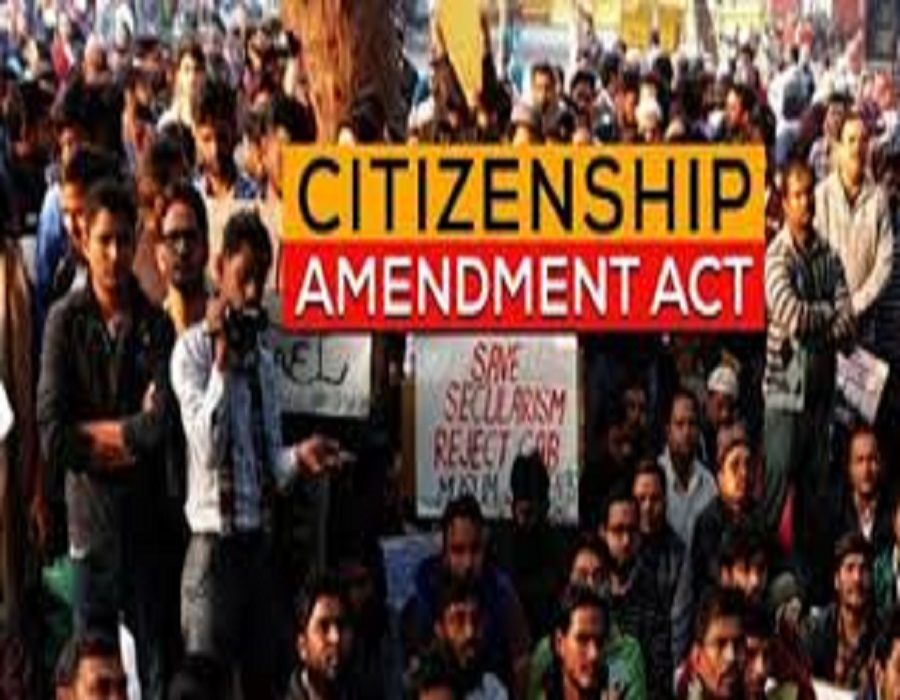The Indian idea of citizenship – as embodied in the Constitution and the law – is in the throes of a profound and radical metamorphosis. The twin instruments of this transformation are the National Regis-ter of Citizens and the Citizenship Amendment Act. If the former is calv-ing out paths to statelessness for disfavoured groups, the latter is creating paths to citizenship for preferred groups. While the first is, despite the looming threat of its extension across In-dia, presently limited to the state of Assam, the second is designed to be pan-Indian in its application.
The implications of these developments can be in-terpreted in multiple ways. From a legal perspective, they imply a foundational shift in the conception of the Indian citizen embodied in the Constitution of In-dia, followed by the Citizenship Act, 1955• This is, first, a move from soil to blood as the basis of citizenship, from a jus soli or birth-based principle of citi-zenship in the direction of a jus sanguinis or descent-based principle, and second, a shift from a religion-neutral law to a law that dif-ferentiates based on religious identity. From the perspective of India's social fabric, they signal an ominous fraying and unravelling of what was a daring and moderately success-ful experiment in pluralism and diversity. In a sense, we are once again rehearsing the debates on citizenship in the Constituent Assembly. The chapter on citizenship in the Constitution was necessitated by Partition and is limited to the determination of citi-zenship for those extraordinary times. The debate on what became Article 7 – relating to citizenship for the large numbers of Mus-lims who had fled India in the midst of the Partition violence but later returned – was fraught, the contention reflecting the com-munally charged atmosphere of Partition. Several members of the Assembly, who cast aspersions on the loyalty and intentionality of these returning migrants, called it the "obnoxious clause".
In a highly populous country wherein the majority is dependent on gov-ernment subsidies for the daily live hood, it is vital for the policy maker to spread the resources of the country with minimum pilferage to benefit the last person in the society. The CAB CAA is a must for India with porous borders to meet out the challenges of the national security. There is no threat to the native Indian people and it will target the illegal immigrant to phase out national recourse and consolidate national security.








 OpinionExpress.In
OpinionExpress.In















Comments (0)